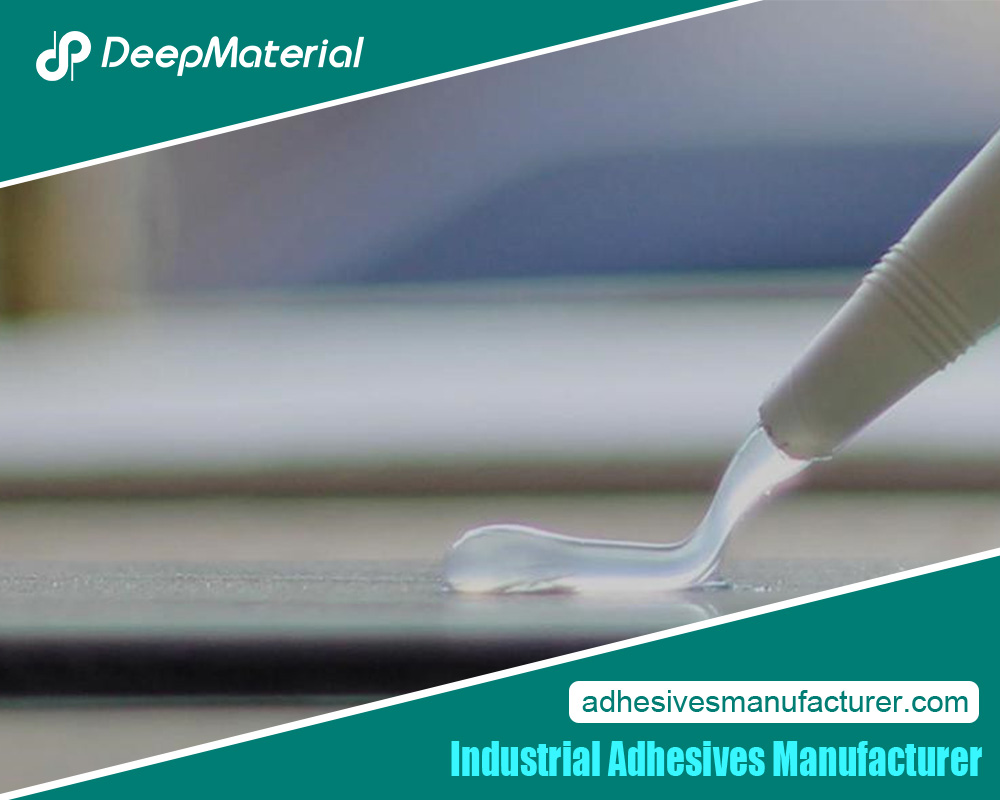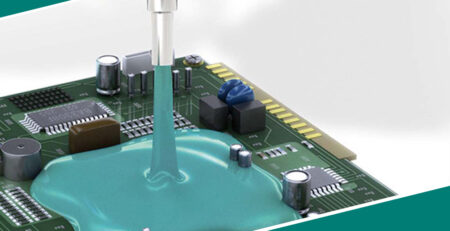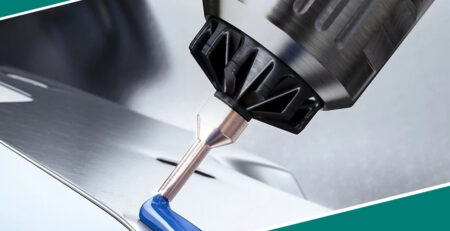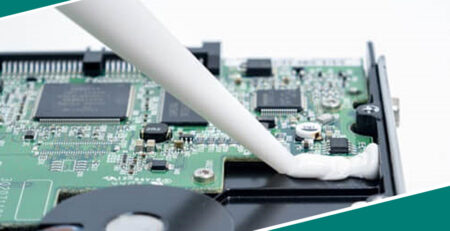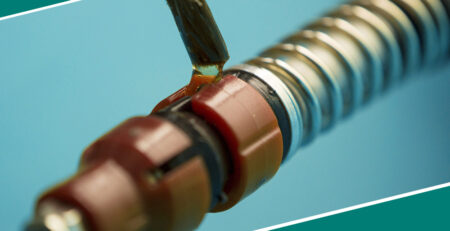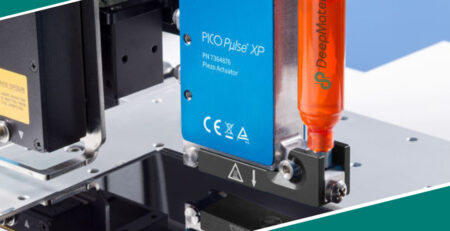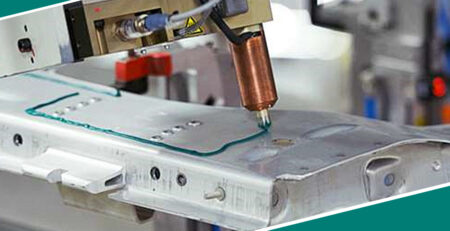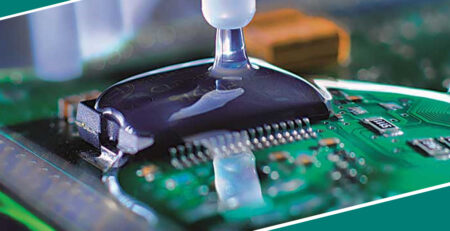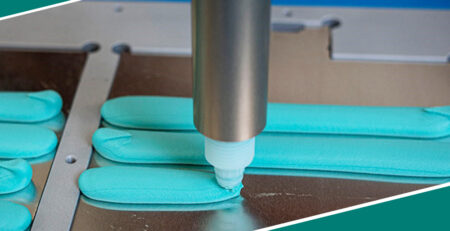Industrial Adhesive Solutions: Revolutionizing Manufacturing and Beyond
Industrial Adhesive Solutions: Revolutionizing Manufacturing and Beyond
Industrial adhesives play a pivotal role across various sectors, providing essential bonding solutions that offer greater flexibility, durability, and efficiency in manufacturing processes. Unlike mechanical fasteners, such as screws or rivets, adhesives offer seamless connections that often result in stronger bonds and lightweight assemblies. With technological advancements, industrial adhesives have become more specialized and capable of addressing specific challenges across the automotive, aerospace, electronics, construction, and packaging industries.
Types of Industrial Adhesives
Adhesives are classified based on their chemistry and the applications they serve. Understanding the types of adhesives available helps select the most suitable solution for specific requirements.
- Epoxy Adhesives
Epoxy adhesives are renowned for their exceptional bonding strength and resistance to extreme conditions. They consist of two parts: a resin and a hardener. When mixed, they undergo a chemical reaction that forms a robust bond. Epoxies are highly durable, offering excellent resistance to chemicals, temperature fluctuations, and environmental stress.
Due to their superior structural integrity, epoxy adhesives are widely used in the aerospace and automotive industries. In automotive applications, they bond dissimilar materials like metals and plastics, ensuring lightweight yet durable vehicles. In electronics, epoxy is employed for potting and encapsulating sensitive components, protecting them from dust, moisture, and mechanical shocks.
- Acrylic Adhesives
Acrylic adhesives are another popular option. They are known for their fast-setting capabilities and excellent adhesion to a variety of substrates. These adhesives resist UV light, weathering, and environmental factors, making them suitable for outdoor applications. Their versatility allows them to bond metals, plastics, and composites effectively.
Acrylic adhesives are frequently used in the construction industry to bond glass and steel in façade systems. In the signage industry, they are often used to bond large panels without mechanical fasteners, ensuring a clean and sleek finish.
- Polyurethane Adhesives
Polyurethane adhesives are valued for their flexibility and impact resistance. They cure in the presence of moisture and can bond materials that may undergo expansion and contraction, making them ideal for applications that require elasticity.
Polyurethane adhesives are used in construction to bond wood, foam, and insulation materials. Their ability to resist environmental factors like moisture and temperature variations makes them a go-to solution for outdoor construction projects, including roofing and siding.
- Silicone Adhesives
Silicone adhesives are recognized for their exceptional heat resistance and flexibility. They are commonly used in applications requiring adhesion at high temperatures, such as automotive and electronics industries.
Due to their biocompatibility and chemical inertness, silicone adhesives are also widely utilized in the medical device industry. In addition, silicone adhesives are used in solar panel manufacturing, where their ability to withstand harsh environmental conditions and maintain adhesion for extended periods is crucial.
- Cyanoacrylate Adhesives
Commonly known as super glue, cyanoacrylate adhesives are fast-acting and offer a strong bond on various surfaces. These adhesives are ideal for quick fixes and minor repairs in industrial settings.
Cyanoacrylate adhesives are used in industries that require precision bonding, such as electronics, medical devices, and footwear manufacturing. Their ability to bond in seconds reduces production time and increases efficiency.
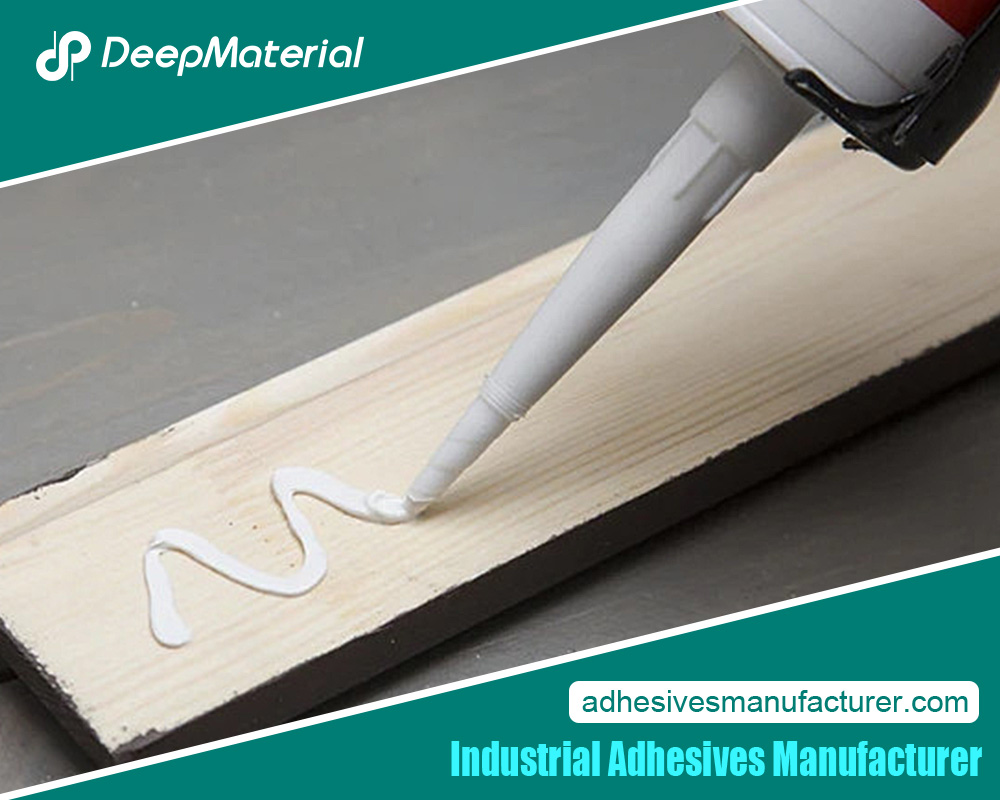 Applications of Industrial Adhesives
Applications of Industrial Adhesives
Industrial adhesives are employed in a wide range of applications, from heavy machinery assembly to delicate electronic components. Below are some key industries that rely heavily on industrial adhesive solutions:
- Automotive Industry
Adhesives have revolutionized the automotive industry, enabling manufacturers to create lighter, stronger, and more fuel-efficient vehicles. In modern automotive assembly, adhesives replace traditional mechanical fasteners, reducing weight while enhancing crash resistance and safety.
For example, structural adhesives are used to bond vehicle frames, body panels, and interior components. This enhances vehicle strength, contributes to noise reduction, and improves aerodynamics. Adhesives are also used to bond battery packs and components securely in the assembly of electric vehicles (EVs).
- Aerospace Industry
The aerospace industry demands high-performance adhesives that withstand extreme conditions, including high temperatures, pressure changes, and chemical exposure. Adhesives in aerospace applications must provide strong bonds without adding significant weight to aircraft.
Adhesives bond composite materials, metals, and plastic components in aerospace manufacturing. They play a crucial role in assembling aircraft interiors, wings, fuselage panels, and engine components. These adhesives ensure structural integrity while reducing overall weight, thus improving fuel efficiency and performance.
- Electronics Industry
As electronic devices become smaller and more complex, industrial adhesives are essential in production. Adhesives bond, seal, and encapsulate sensitive electronic components. Their ability to protect circuits from moisture, dust, and mechanical stress makes them indispensable in this industry.
Adhesives bond screens to frames, secure batteries, and assemble miniature components in smartphone and tablet manufacturing. The growing demand for wearable technology has also fueled the need for specialized adhesives that provide strong bonds while maintaining flexibility and durability.
- Construction Industry
In the construction industry, adhesives are used for various applications, from bonding tiles and flooring materials to securing windows and doors. Construction adhesives offer the advantage of creating a seamless bond without the need for nails or screws, resulting in faster and more efficient assembly processes.
For example, in modern building projects, adhesives bond insulation materials, attach drywall and install flooring. They also provide weatherproofing and enhance the structural integrity of buildings by distributing stress more evenly across bonded surfaces.
- Packaging Industry
Adhesives play a critical role in packaging, ensuring that products are securely sealed and protected during transportation. They are used in a variety of packaging applications, including cartons, labels, tapes, and protective wraps.
The demand for sustainable packaging has led to developing environmentally friendly adhesives, such as water-based and biodegradable solutions. These adhesives offer strong bonding capabilities while minimizing environmental impact, aligning with the growing focus on sustainability in the packaging industry.
Benefits of Using Industrial Adhesives
Industrial adhesives offer several advantages over traditional bonding methods, such as welding or mechanical fastening. These benefits make adhesives a preferred solution in many industries:
- Weight Reduction
Adhesives contribute to lightweight construction by eliminating the need for bulky fasteners and welding equipment. In industries like automotive and aerospace, this weight reduction translates to improved fuel efficiency and lower emissions.
- Enhanced Aesthetics
Adhesives provide a clean and seamless bond, improving the overall appearance of the final product. In consumer electronics and furniture manufacturing, adhesives eliminate the need for visible screws and nails, resulting in a sleeker design.
- Increased Flexibility
Unlike mechanical fasteners, adhesives can bond dissimilar materials without compromising strength. This flexibility allows manufacturers to explore new design possibilities and create innovative products.
- Improved Durability
Industrial adhesives create bonds resistant to chemicals, moisture, and environmental stress. These bonds can withstand the rigors of everyday use, ensuring long-lasting performance.
- Time and Cost Savings
Adhesives streamline the manufacturing process by reducing assembly time and labor costs. Cyanoacrylate adhesives, for instance, cure rapidly, allowing for faster production cycles and increased output.
Innovations in Industrial Adhesives
The adhesive industry continues to evolve, with research and development focused on creating more efficient and sustainable solutions. Some notable innovations include:
- Bio-Based Adhesives
As sustainability becomes a priority, bio-based adhesives from renewable materials are gaining traction. These adhesives reduce reliance on petrochemicals and offer a more environmentally friendly alternative for industries like packaging and construction.
- Smart Adhesives
Innovative adhesives are designed to respond to external stimuli, such as heat, light, or pressure. These adhesives can be applied in a liquid state and then solidified when exposed to specific triggers, offering greater control over the bonding process.
- Conductive Adhesives
Conductive adhesives are used in electronics manufacturing to bond components while allowing electrical conductivity. These adhesives are critical for applications like solar panels, LED assemblies, and printed circuit boards.
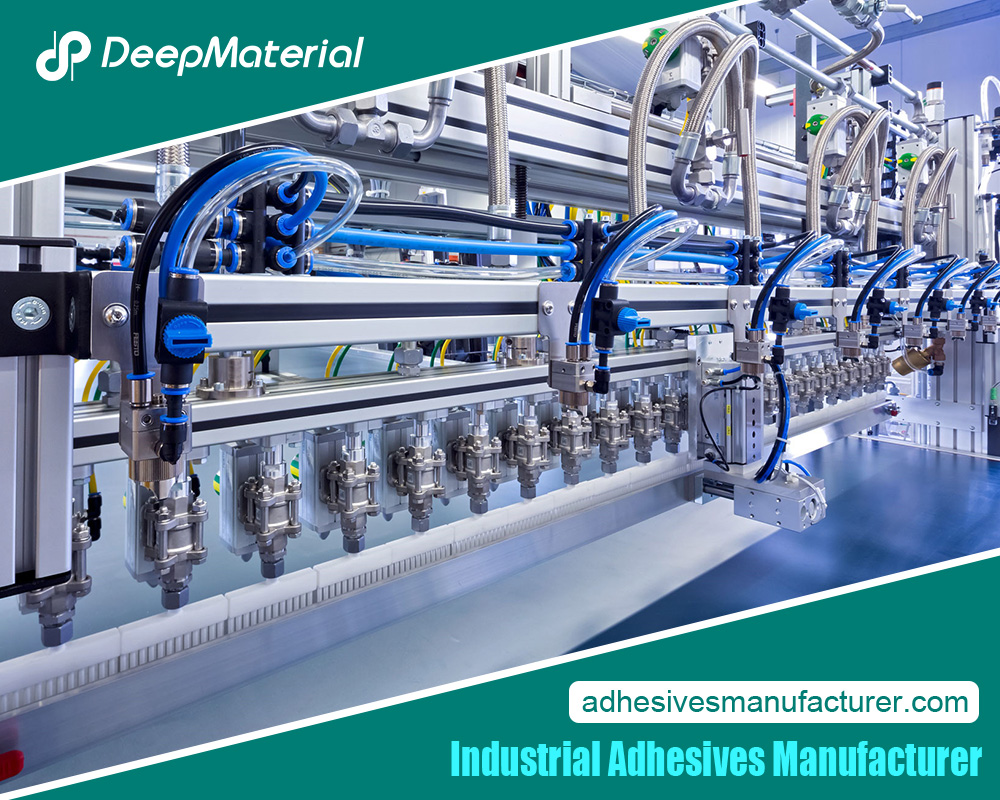 Conclusion
Conclusion
Industrial adhesive solutions have transformed manufacturing processes across various industries. From automotive to aerospace, electronics to construction, adhesives offer unparalleled benefits, including lightweight construction, strong bonds, and enhanced design flexibility. As technology continues to advance, industrial adhesives will play an even more significant role in shaping the future of manufacturing, enabling more efficient, durable, and sustainable products.
For more about a complete guide to Industrial Adhesive Solutions: Revolutionizing Manufacturing and Beyond, you can pay a visit to Deepmaterial at https://www.adhesivesmanufacturer.com/ for more info.

